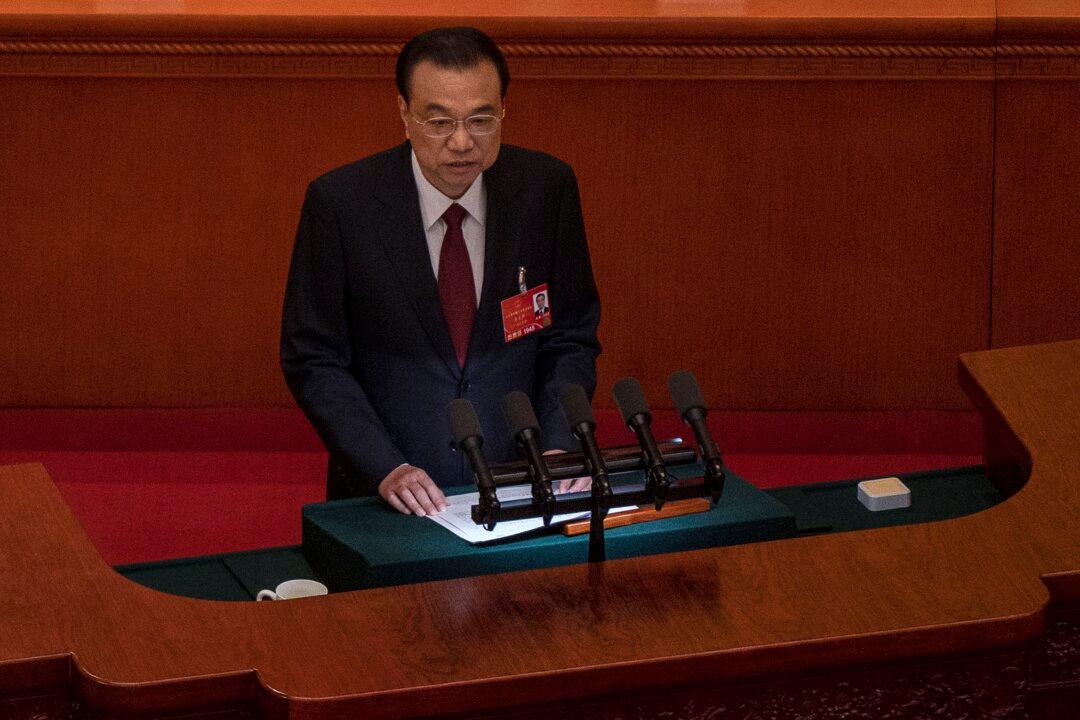Commentary
The death of former Chinese Premier Li Keqiang won’t produce a tangible effect on the Chinese Communist Party (CCP), yet it signifies the demise of one of the last possible reformers.

The death of former Chinese Premier Li Keqiang won’t produce a tangible effect on the Chinese Communist Party (CCP), yet it signifies the demise of one of the last possible reformers.